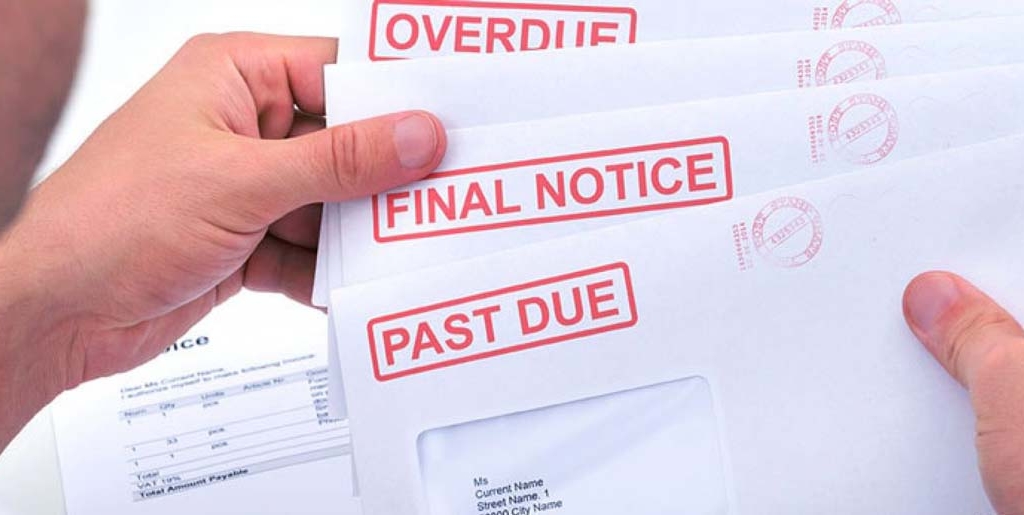Debt Collection Agencies
Pay up you deadbeat! Ever heard that uttered your way. If you have, well then pay up you deadbeat! Just kidding, who knows if you’re a real deadbeat or not, that’s not for us to decide. You know you better than we certainly do and can speak to your own character. But debt is real. Debt is all around us. Debt can consume us. And debt needs to get collected.
Enter the debt collection agency. As it sounds, these are organizations charged with collecting debt and operate as agents of creditors for a fee. Typically, this fee is charged as a percentage of the debt collected. Collecting on unpaid debt goes back to the beginning of time. Not quite the true beginning, but you get the drift. In the early years, BC to be exact, if debt was incurred and the debtor could not pay it back, said debtor’s children, spouse and servants would be forced by the debt collectors into slavery. In some societies this practice would even spill over into subsequent generations.
Debtor’s prisons and these antiquated practices were eventually eliminated which resulted in the rise of debt collecting agencies. While there are a range of collection agencies operating today, there are three that stand out. The first are known as “first-party agencies.” These are normally a department or a subsidiary of the entity that owns the debt. For example, if you owe money to Nordstrom’s, the department store might have a specific department within the company to collect unpaid debt. A first-party agency will get involved very early in the debt collection process as they have an incentive to maintain a constructive relationship with the client. The goal is to get the debt paid but not lose the client.
If a first-party agency is not successful in collecting the debt, then comes the third-party agency. These are outside entities and charge a fee on everything collected. This is far from ideal for many companies but if their in-house folks fail, they are left with little choice than to pay a percentage to at least recoup some of the debt. Third-party agencies can get into trouble every now and again, with respect to harassment and even threats. There have been some questionable tactics used in the past which has led to the passage of laws such as the Fair Debt Collection Practices Act.
Lastly, the other entity that can collect debt is via the sale of debt. A debt buyer will purchase accounts and debts for a fixed percentage of the debt’s value. This can be a good business proposition if the debt buyer has a way to flip the debt to another buyer. Debt buying however, like third-party agencies, is now heavily regulated in the U.S. because of the potential for nefarious actions on the part of the debt purchasing entity.
There are reputable debt collection agencies and not so reputable debt collection agencies. The thing to remember is if you owe money, it is always best to negotiate a payment plan as soon as possible. That way the debt does not continue to accumulate via interest fees, and you can get out of a sticky situation as soon as possible.


Comments:
Login to leave a reply